Perumbayil Ayurvedamana

Premium Hospital operating like a Resort | Healing & Wellness Property
India / Kerala / Thrissur - Country side
Perumbayil Ayurvedamana is a distinguished Ayurvedic retreat located in Paluvai, Kerala. It is a joint initiative between Paithrukam Health Tourism Projects Pvt. Ltd. and Mr. P.K. Jahangeer, a businessman based in Doha, Qatar. A native of Paluvai, Mr. Jahangeer developed the historic Perumbayil House into a premium Ayurvedic destination with the expertise of Mr. Sajeev Kurup V. and Mrs. Geetha Sajeev of Paithrukam. The vision behind this collaboration is to deliver authentic Ayurvedic treatments deeply rooted in tradition. The Perumbayil Tharavadu, historically the Desavazhis of Paluvai Desam, is one of the oldest and most aristocratic Nair/Menon families in the Guruvayur region, with several members once serving as revered Ayurvedic practitioners. The centre upholds the Ashtavaidya and Guruparampara healing traditions, guided by eminent physicians such as Ashtavaidyan Vaidyamadom Dr. Rishikumaran Namboothiri and Dr. Rajeev Namboothiri. It is the only centre in Kerala where both traditions coexist, integrating Ayurveda with Kalari (traditional martial art) and Marma (vital point healing). The property offers 24 spacious heritage bedrooms, classified into Deluxe, Premium, and Superior categories, each tastefully furnished with antique decor, wooden-panelled ceilings, and colonial-style flooring. Every room is named after one of the elements of life, creating a culturally immersive stay. Rooms are equipped with televisions, telephones, complimentary Wi-Fi, and 24-hour hot water, blending Kerala
More about Perumbayil Ayurvedamana
Dining at Perumbayil Ayurvedamana is carefully designed to complement Ayurvedic treatments and support overall well-being. The retreat operates a strictly vegetarian kitchen, adhering to Ayurvedic principles and excluding meat, fish, eggs, curd, pickles, ghee, heavy spices, red chillies, and raw fruits or vegetables. Every meal is thoughtfully prepared to restore balance and promote healing.
The kitchen is managed by local women from the community, using organically grown vegetables to bring authenticity and warmth to the dining experience. Guests are welcome to visit the open kitchen, fostering transparency and trust. Breakfast, lunch, and dinner are served daily, with menus customised to individual treatment plans and dietary requirements.
A distinctive highlight of the dining experience is the use of traditional Kansa Vataki plates and bowls, crafted from a therapeutic blend of copper, zinc, and tin. Copper helps relieve pain and inflammation, zinc strengthens immunity and supports digestion, while tin reduces headaches and insomnia—adding a unique healing dimension to every meal.
Guided by the Ayurvedic philosophy that “we are what we eat”, the diet focuses on strengthening Agni (digestive fire), considered central to health. Meals are prepared with Ayurvedic herbs and spices to enhance digestion, detoxify the body, and optimise nutrient absorption. The cuisine is rich in wholesome ingredients such as rice, pulses, coconut, vegetables, and whole grains, while kept deliberately light on salt to reduce water retention. Coffee, sodas, and alcohol are discouraged, cultivating a pure internal environment that supports the healing process.
At Perumbayil Ayurvedamana, dining is regarded as an integral part of the treatment program, serving not only as nourishment but also as a powerful healing therapy in itself.
Leisure at Perumbayil Ayurvedamana is a perfect blend of wellness, culture, and nature. Nestled amidst serene greenery, the retreat is within close reach of several spiritual, cultural, and natural landmarks, making it an ideal base for exploration alongside Ayurvedic healing.
Guests can visit the Guruvayur Temple, one of Kerala’s most sacred pilgrimage sites, or witness the grandeur of elephants at the Punnathurkotta Elephant Camp. The nearby Mammiyoor Temple offers another enriching spiritual experience. For lovers of art and tradition, Kerala Kalamandalam provides an opportunity to witness the timeless beauty of Kathakali and Mohiniyattam, performed by masters of the craft.
Nature enthusiasts can enjoy the Chettuva Backwaters, perfect for serene boat rides, or relax at Chavakkad Beach, known for its calm ambience and golden sands. Whether it is connecting with heritage, immersing in nature, or unwinding in peaceful surroundings, Perumbayil Ayurvedamana ensures that leisure beautifully complements the healing journey.
Perumbayil Tharavadu once served as the Desavazhi (chieftain) of the Paluvai desam after the fall of the Mahodayapuram Cheras in the 12th century and was among the most aristocratic Nair/Menon families in the Guruvayur region, celebrated for its lineage of Ayurvedic practitioners. Today, Perumbayil Ayurvedamana is a restored sanctuary of healing and one of the few centres in Kerala where the Ashtavaidya and Guruparampara traditions co-exist, blending classical Ayurveda with Kalari and Marma therapies.
Treatment at the Mana strictly follows classical Ayurvedic principles and is delivered by renowned physicians including Ashtavaidyan Vaidyamadam Dr. Rishikumaran Namboothiri, Prof. Vasudevan, Dr. Kottakal Raghava Warrier, and Ashtavaidyan Vaidyamadam Dr. Rajeev Namboothiri. Each program incorporates internal medicines customised to individual constitutions and external therapies such as Vasthi, Kashaya, and Mathra, with suitable alternatives for female guests during menstruation.
Perumbayil Ayurvedamana holds the prestigious “Diamond” classification from the Department of Tourism, Government of Kerala, along with NABH entry-level accreditation from the Ministry of AYUSH, Government of India, enabling patients to avail medical insurance for treatments. The campus features eight treatment and massage rooms for men and women, all with attached bathrooms, toilets, and steam baths, along with a well-stocked pharmacy and a medicine preparation unit for customised formulations.
Rejuvenation Program
Stress Management
Body Purification Therapy
Panchakarma Program
Perumbayil Ayurvedamana has received prestigious recognition for its dedication to authentic Ayurvedic healing and excellence in patient care. It proudly holds the “Diamond” classification, the highest rating awarded by the Department of Tourism, Government of Kerala, a distinction that reflects its exceptional standards in traditional treatments, infrastructure, and guest experience.
In addition, Perumbayil Ayurvedamana is accredited with NABH (National Accreditation Board for Hospitals & Healthcare Providers) entry-level certification by the Ministry of AYUSH, Government of India. This accreditation validates the quality and safety of care provided and also enables patients to claim medical insurance reimbursements for their treatment programs, making its time-honoured healing practices more accessible.
- Reimbursement Insurance Support
Ayur Jeevanam (Ayurvedic Way of Life)
. Experience the essence of Ayurveda through personalized consultations with experienced practitioners, who will assess your unique constitution (dosha) and provide tailored recommendations for diet, lifestyle, and herbal therapies to restore balance and vitality. Indulge in daily yoga and meditation sessions, designed to enhance flexibility, strength, and inner peace. Delight your senses with Ayurvedic cooking classes, where you'll learn to prepare nourishing meals using seasonal ingredients and spices that promote digestion and vitality. Reconnect with nature through guided walks, exploring the serene surroundings of our retreat center. Treat yourself to traditional Ayurvedic treatments such as Abhyanga (oil massage), Shirodhara (oil pouring on the forehead), and Panchakarma detox therapies, which help cleanse toxins and rejuvenate the body. Whether you're seeking relief from specific health concerns, looking to deepen your understanding of Ayurveda, or simply craving a restorative escape, Ayur Jeevanam offers a holistic approach to wellness that will leave you feeling refreshed, renewed, and inspired to embrace the Ayurvedic way of life. Join us on this journey towards optimal health and vitality.
View 6 Programs
Walk-Through Video | 10/5/2023
Stay
The Non-AC Deluxe Heritage Rooms at Perumbayil Ayurvedamana embody Kerala’s timeless architectural and cultural legacy, offering an authentic Ayurvedic retreat steeped in tradition and tranquillity. Thoughtfully designed with traditional wooden interiors, spacious layouts, and natural ventilation, these rooms remain naturally cool and calming, encouraging guests to connect with the serene surroundings.
Furnished with a comfortable bed, ceiling fan, writing table, chair, and safe drinking water, the rooms ensure a peaceful and well-supported stay. Perfect for guests undertaking Ayurvedic treatment programs, the Non-AC Deluxe Heritage Rooms provide a nurturing environment that values simplicity, heritage, and holistic well-being.
FacilitiesThe AC Deluxe Heritage Rooms at Perumbayil Ayurvedamana seamlessly combine traditional Kerala architecture with modern comfort, creating a refined yet culturally rich environment for rest and rejuvenation. Designed to preserve the timeless charm of the Mana, these rooms feature elegant wooden décor, spacious interiors, and a serene ambience, complemented by air-conditioning for enhanced comfort during Ayurvedic treatment programs.
Each room is thoughtfully furnished with a comfortable bed, fan, writing table, chair, and safe drinking water, ensuring both convenience and tranquillity. The blend of heritage aesthetics and contemporary amenities offers guests a nurturing haven where they can unwind and fully immerse in the healing essence of authentic Ayurveda.
FacilitiesThe Non-AC Heritage Premium Rooms at Perumbayil Ayurvedamana offer a charming retreat steeped in tradition and tranquillity, perfect for guests seeking an authentic Ayurvedic healing experience. Set within the serene ambience of the restored ancestral Mana, these rooms embody the timeless elegance of Kerala’s heritage architecture, featuring spacious interiors, polished wooden furnishings, and natural ventilation that keeps the space cool and comfortable.
Thoughtfully designed to foster a closer connection with nature, the absence of air-conditioning enhances the holistic experience, allowing guests to immerse themselves in simplicity and calm. Each room is equipped with a comfortable bed, fan, table, chair, and safe drinking water, ensuring a restful and well-supported stay during Ayurvedic treatment programs.
Radiating serenity and cultural character, the Non-AC Heritage Premium Rooms strike the perfect balance of comfort, tradition, and healing energy, making them an ideal choice for wellness travellers.
FacilitiesThe AC Heritage Premium Rooms at Perumbayil Ayurvedamana present a luxurious fusion of traditional elegance and modern comfort, crafted to enrich the healing journey of every guest. Nestled within the beautifully restored heritage architecture of the Mana, these rooms provide an ambience of refined tranquillity, perfect for relaxation and rejuvenation during Ayurvedic treatment programs.
Each room is air-conditioned for added comfort, adorned with classic furnishings, and offers generous space along with a private dining area to ensure seclusion and serenity. Essential amenities include a comfortable bed, fan, table, chair, and safe drinking water, all carefully provided to create a nurturing environment.
Blending the timeless charm of Kerala’s cultural heritage with thoughtful modern touches, the AC Heritage Premium Rooms are designed to meet the expectations of the discerning wellness traveller, offering a truly restorative stay.
FacilitiesThe Non-AC Heritage Superior Rooms at Perumbayil Ayurvedamana offer a peaceful retreat where tradition and tranquillity come together. Designed for those who prefer an authentic Ayurvedic experience without modern distractions, these rooms embody the timeless elegance of Kerala’s heritage architecture.
Spacious interiors, complemented by a dedicated private dining space, provide comfort and privacy throughout the stay. Each room is equipped with essential amenities, including a comfortable bed, fan, table, chair, and safe drinking water, ensuring simplicity without compromise. Set within a serene natural environment, these heritage rooms encourage deep rest and holistic healing. Rich in cultural character, they form the perfect backdrop for guests to immerse in the rejuvenating Ayurvedic programs at the Mana.
FacilitiesThe AC Heritage Superior Rooms at Perumbayil Ayurvedamana provide a welcoming retreat for discerning travellers, blending traditional heritage charm with modern comforts. Spacious and serene, these rooms create the perfect setting to relax, unwind, and rejuvenate amidst the Mana’s authentic Ayurvedic ambience.
Each room is equipped with a cosy private dining nook, ensuring comfort and convenience during the stay. Essential amenities such as a comfortable bed, ceiling fan, table, chair, and drinking water provision are thoughtfully provided, offering guests both practicality and peace of mind. With their balance of simplicity, elegance, and cultural touch, the AC Heritage Superior Rooms promise a restful stay that complements the holistic healing experience at Perumbayil Ayurvedamana.
FacilitiesWellness Slots
Ayurveda Treatment Room : Ayurveda Treatment Room Wellness Room Type: Closed Capacity : 16 Opening Time: 6:00 AM Closing Time: 8:00 PM Treatment Room Size : Medium Total Units : 8
Location & Map
Location
Landmark
Paluvai Mosque
Nearby Attractions
Guruvayur Temple
Punnathur Kotta (Anakkotta)
Guruvayur Devaswom Institute of Mural Painting
Pavaratty JN : 50 MTR
Railway Connectivity
Guruvayur Railway Station : 4 KM
Airway Connectivity
Cochin International Airport : 74 KM
Total Area Of Property (acre)
3.00
Building Free Area (acre)
1.00
Actual Area Of Property (acres)
3.00
Check-in & Check-out
Check-in: 12:00 PM Check-out: 12:00 AM
Program Details
- The Ayurvedic Treatment Packages include Consultation with the Ayurvedic doctor and daily check-ups and Accommodation.
- Accommodation with all meals, an Ayurveda Program, and complimentary experiences during your stay.
Pre-Arrival Guidelines
- You are requested to produce the following information along with the health declaration form:
- Recent medical history for each guest
- Valid ID and address proof
- Carry breathable and flexible clothes for Yoga
ID Card Type
- Indian nationals are requested to provide photo identity proof in the form of a driver’s license, voter’s ID, or passport. This is mandatory for completing the registration process at the time of check-in.
- Foreign nationals are requested to produce their passport with a valid entry visa. For those on employment or permanent residence, passports must include a residential permit.
Child Policy
Children are allowed.
Pet Policy
Pets are not allowed in the retreat.
Visitors Policy
The right to admission of visitors into the retreat premises and guest areas remains solely with the management.
Alcohol Policy
Alcohol, smoking, and tobacco are not permitted during your Ayurveda program and are strictly prohibited across the Perumbayil Ayurvedamana premises.
- Full refund after deduction of Payment Gateway Service Charges if there is more than 30 days to check-in date.
- No refund if there is less than 30 days to check-in date.
| Extra Amenities | Rate |
|---|---|
| Bystander ( Extra-person without treatment ) Per Night Rate | $ 50 |
| 7 Nights Bystander Rate ( Extra-person without treatment ) | $ 350 |
| 14 Nights Bystander Rate ( Extra-person without treatment ) | $ 700 |
| 21 Nights Bystander Rate ( Extra-person without treatment ) | $ 1050 |
| 28 Nights Bystander Rate ( Extra-person without treatment ) | $ 1400 |
| Price for Pick-up- Sedan Cars : From Cochin Airport | $ 60 |
| Price for Drop-off- Sedan Cars : From Cochin Airport | $ 60 |
| Pick-up & Drop-off - Sedan Cars : From Cochin Airport | $ 120 |

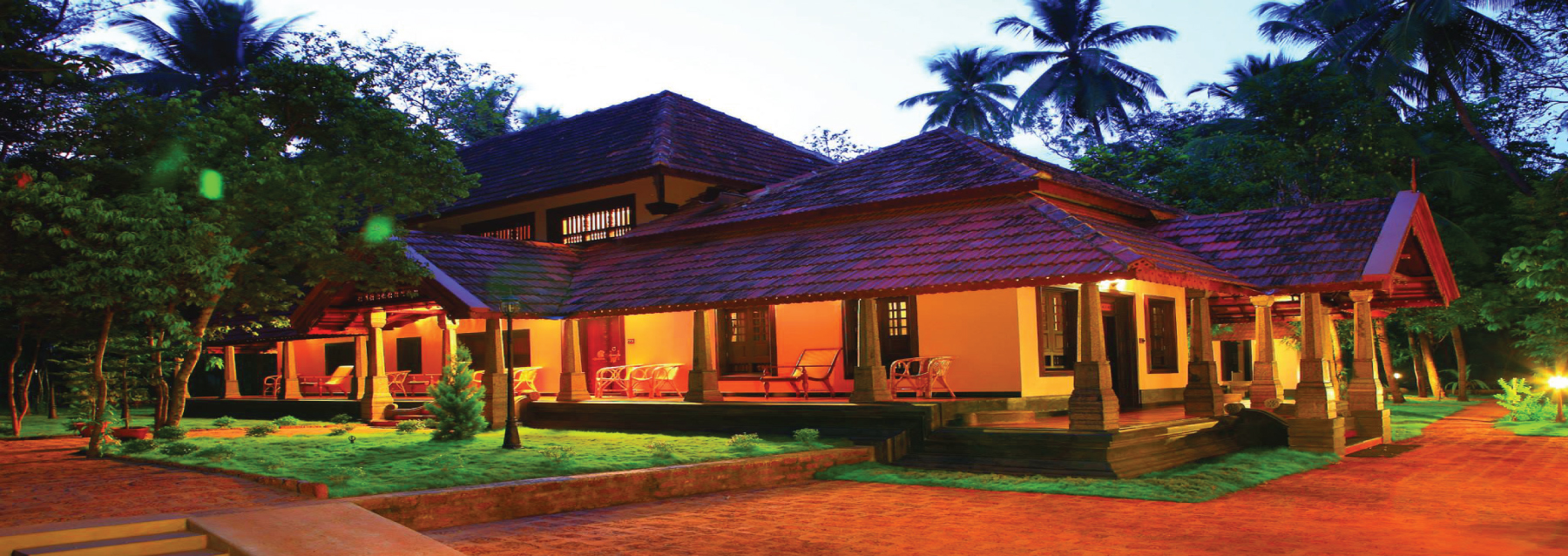
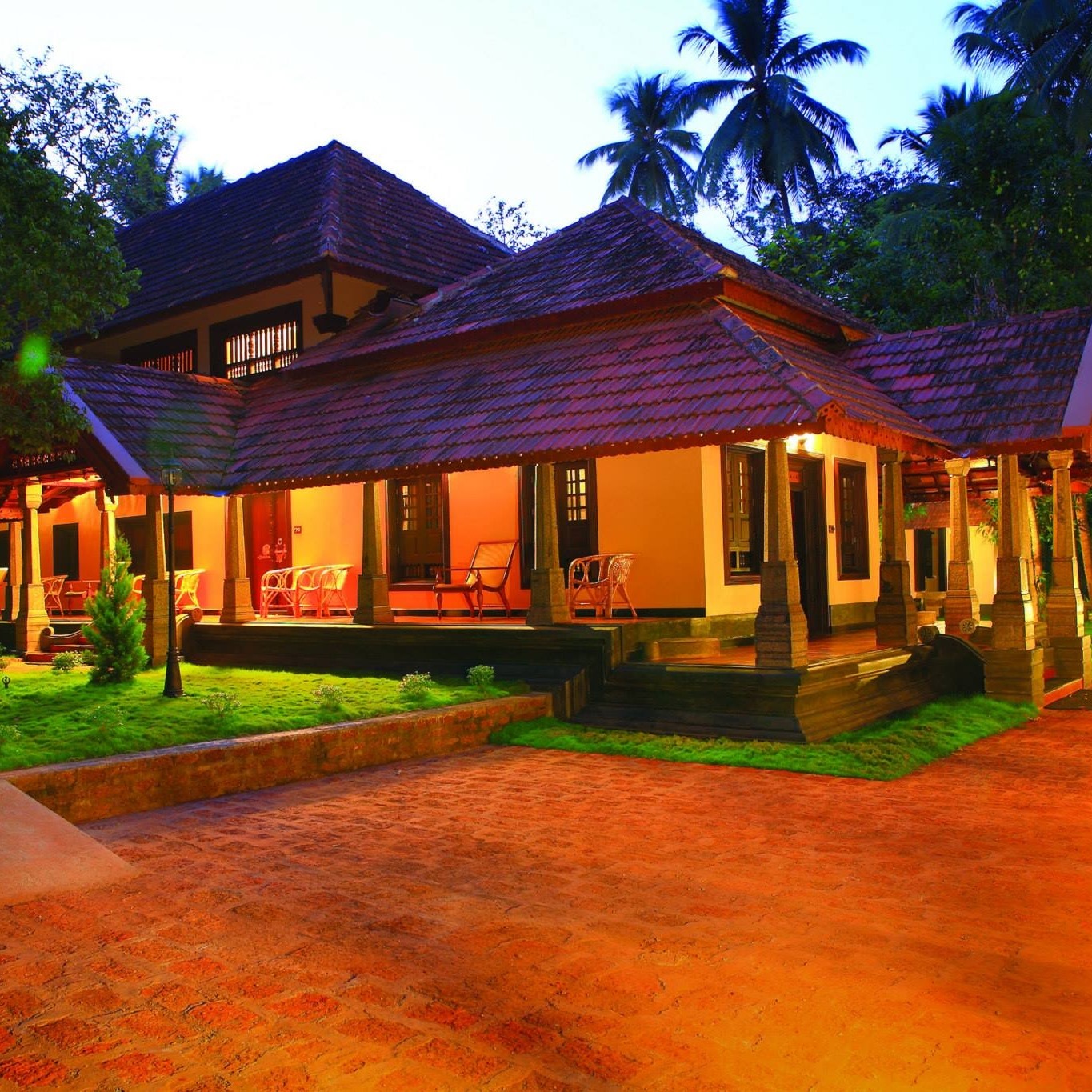
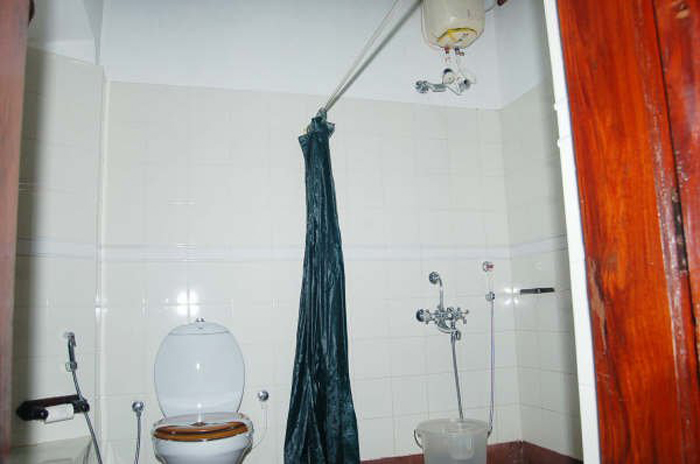

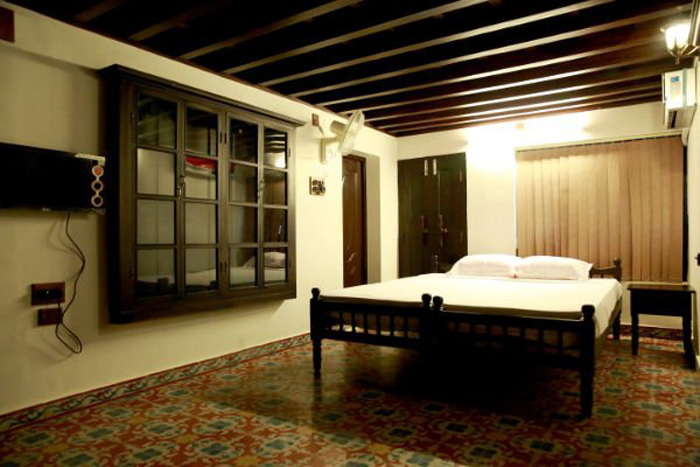
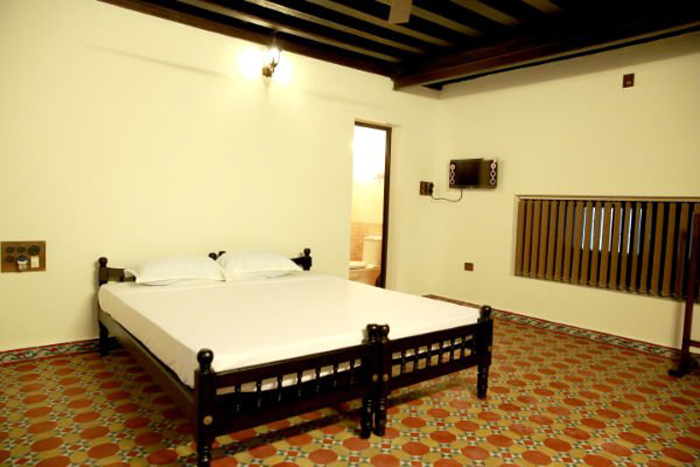
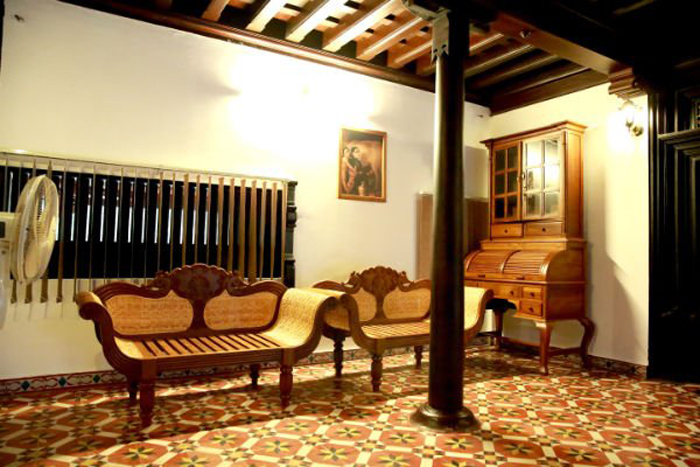
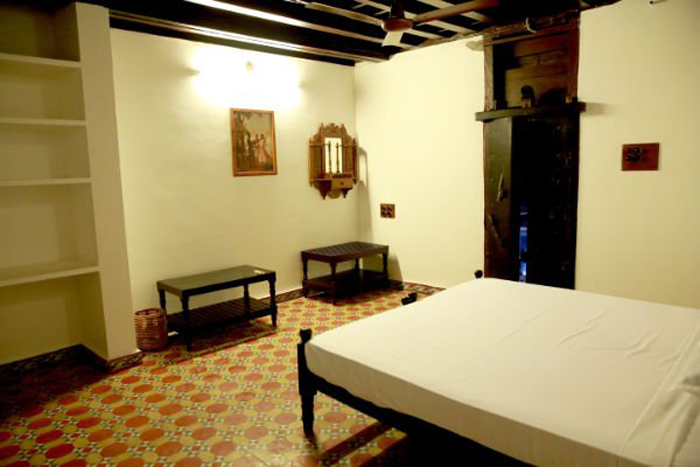
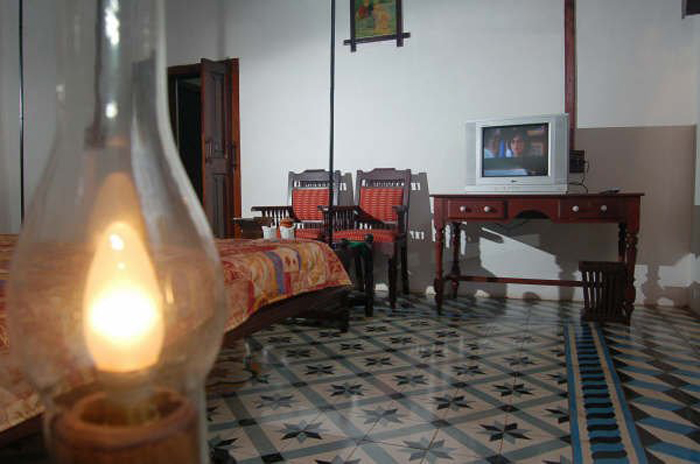
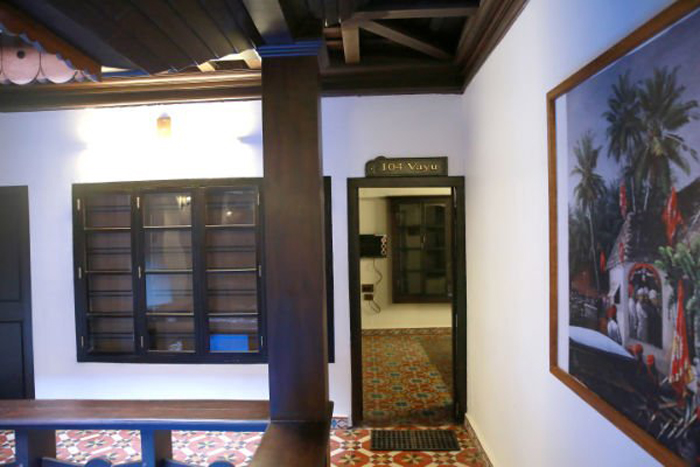
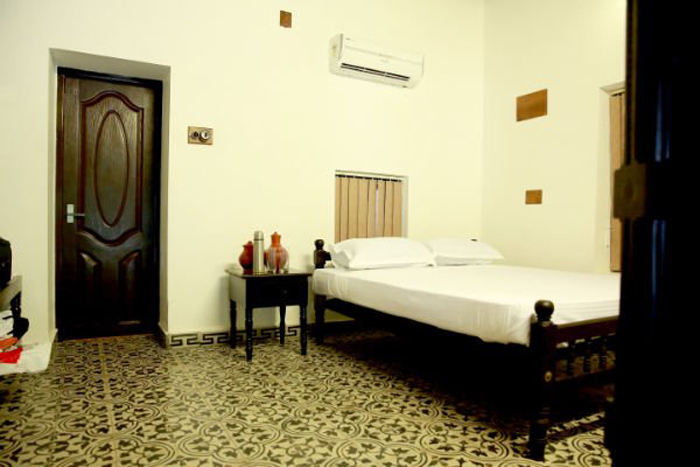
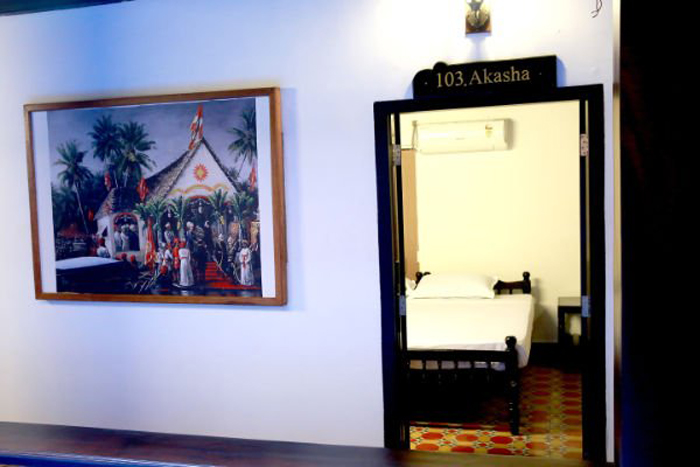
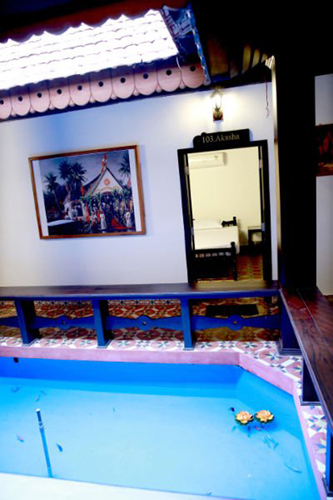
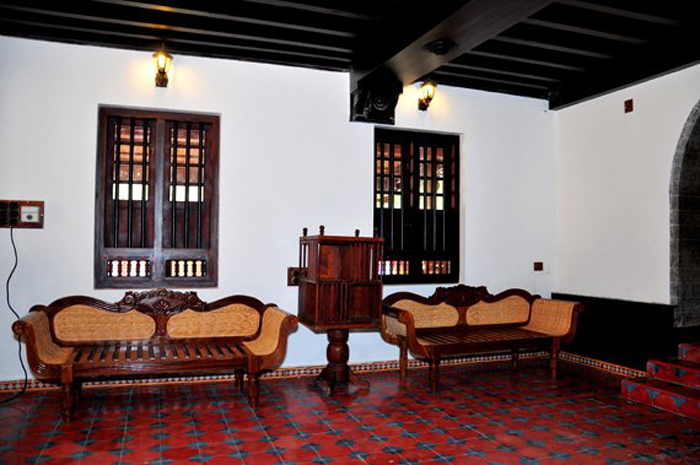
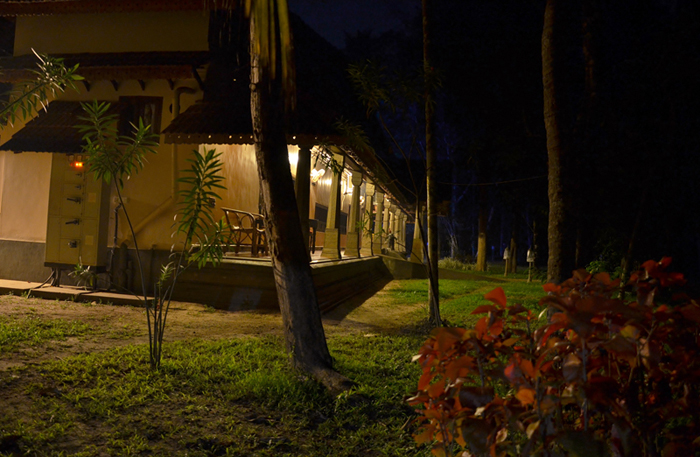
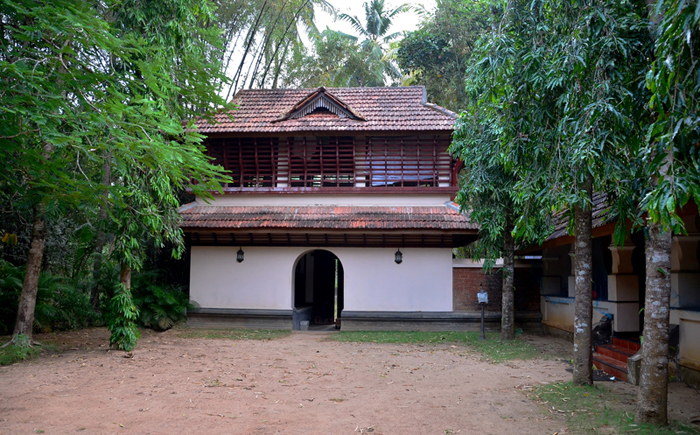
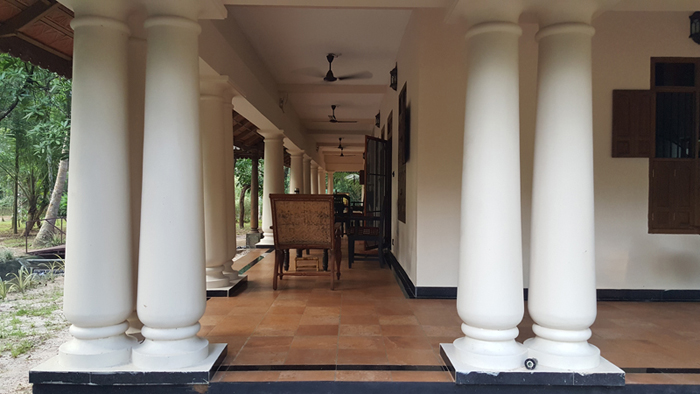
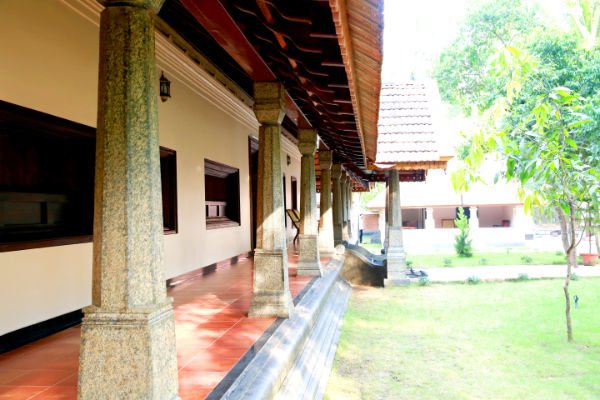
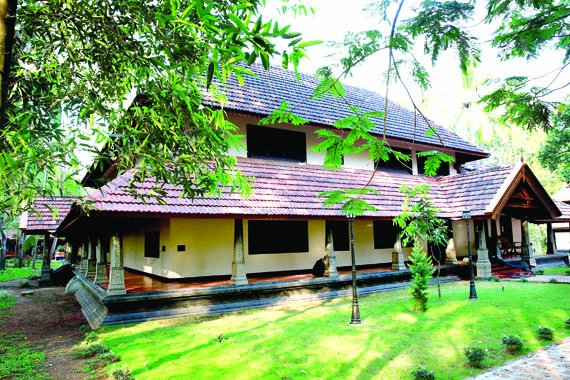
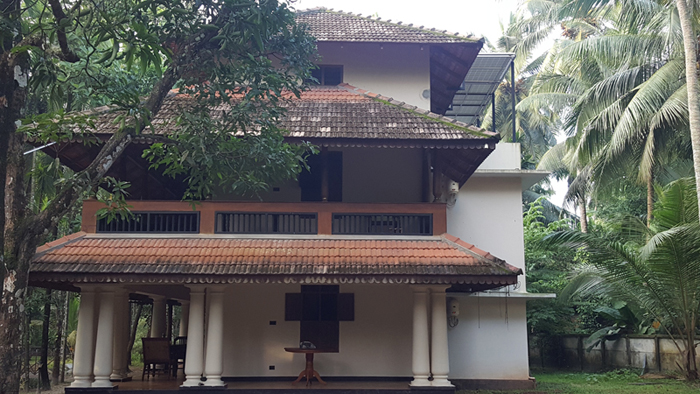
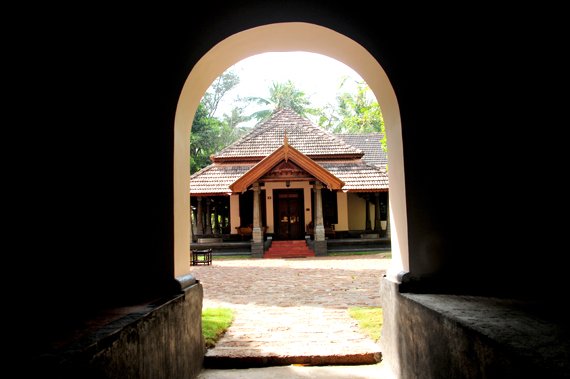
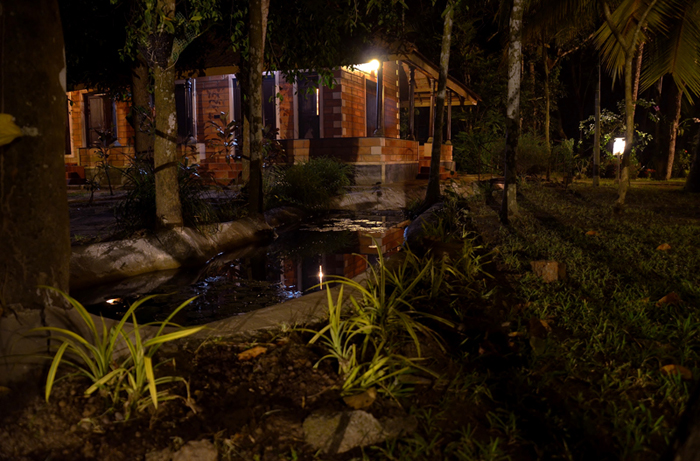
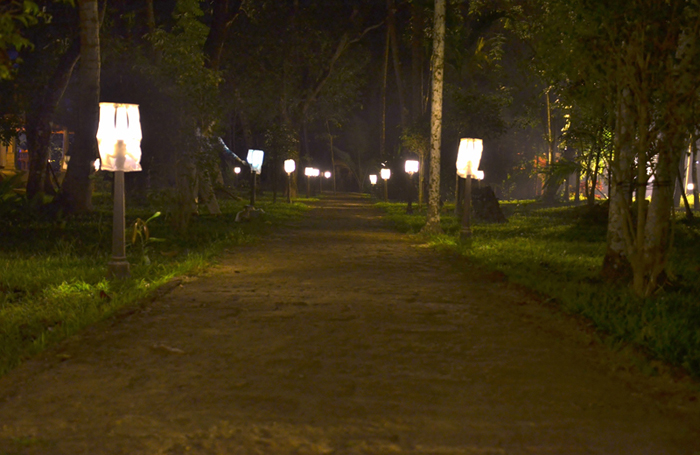
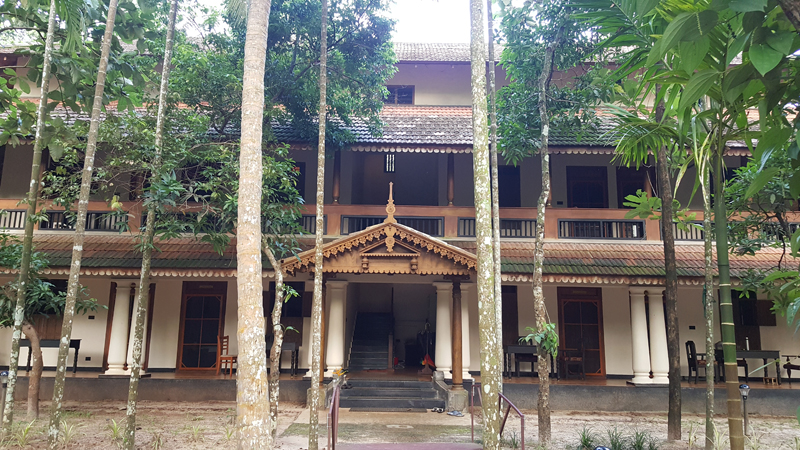
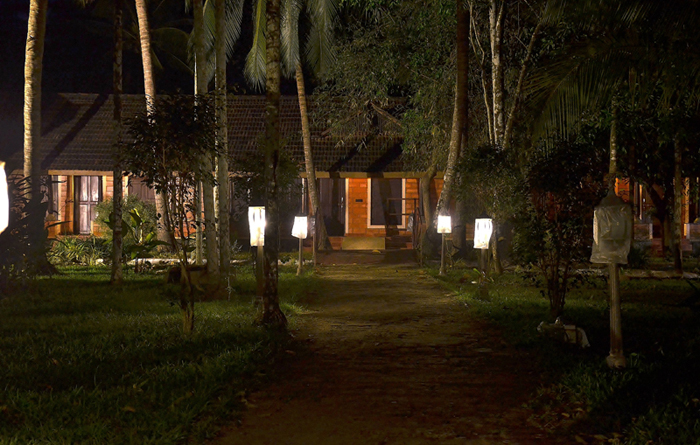
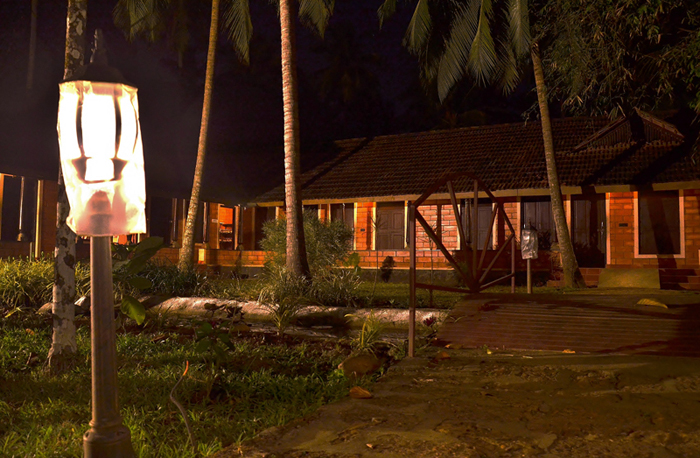
 24 * 7 Ayurvedic Doctor
24 * 7 Ayurvedic Doctor  Allopathy Doctor
Allopathy Doctor  Ayurvedic Dosha Meals
Ayurvedic Dosha Meals  Currency Exchange
Currency Exchange 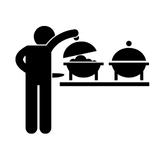 Dosha Meals Buffet
Dosha Meals Buffet 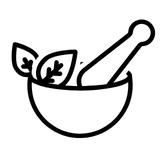 Exclusive Ayurveda Property
Exclusive Ayurveda Property  Organic Food
Organic Food 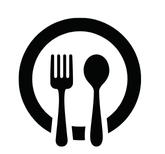 Personalised Ayurveda Meals
Personalised Ayurveda Meals 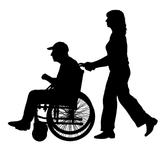 Wheel Chair Assistance
Wheel Chair Assistance
.jpg)
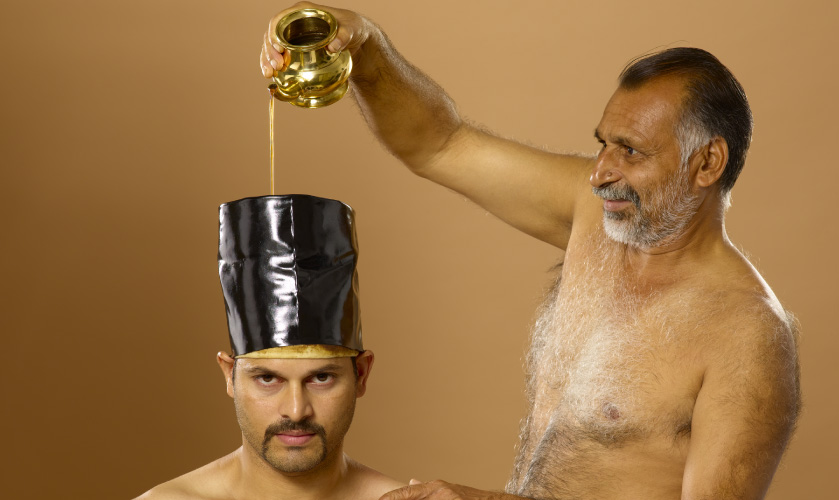
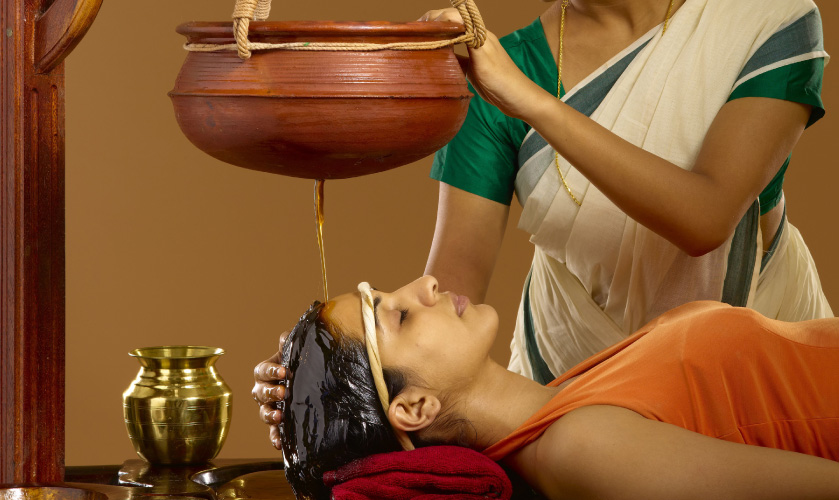
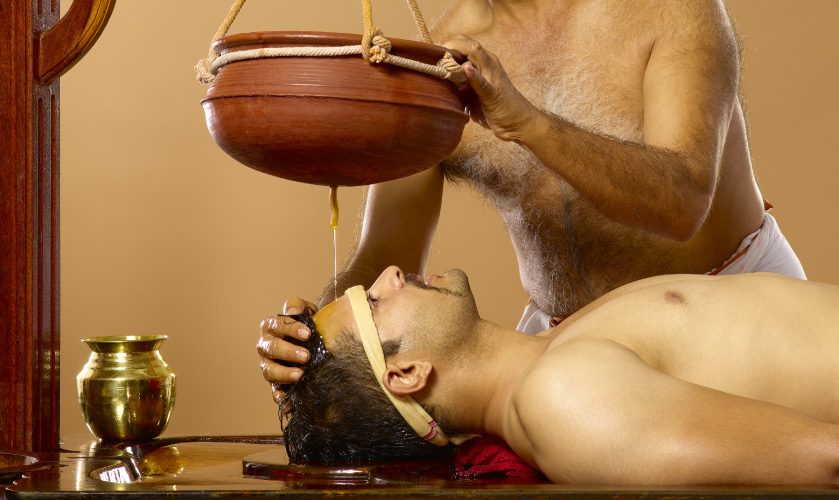
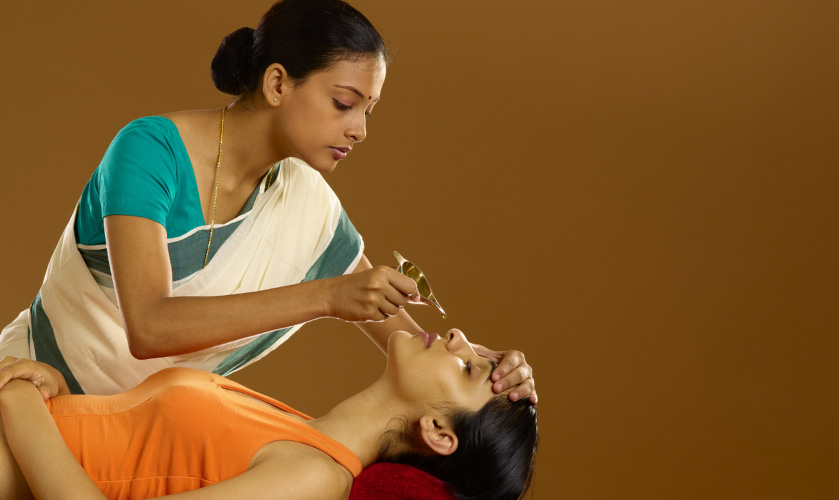
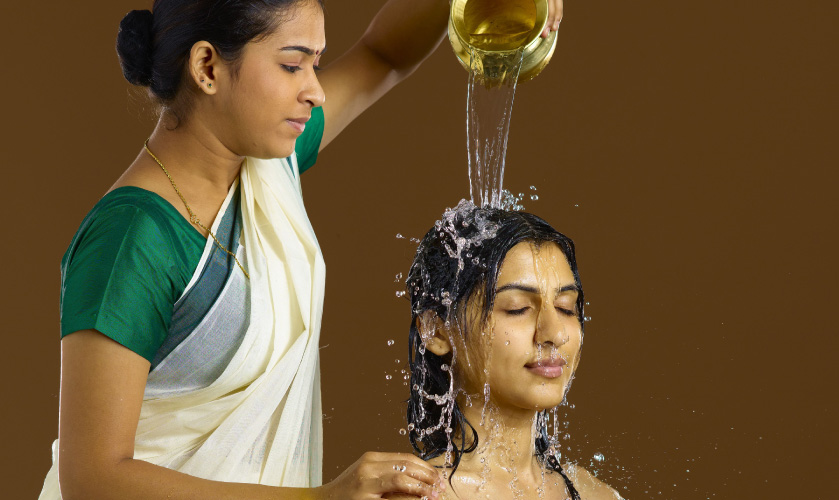
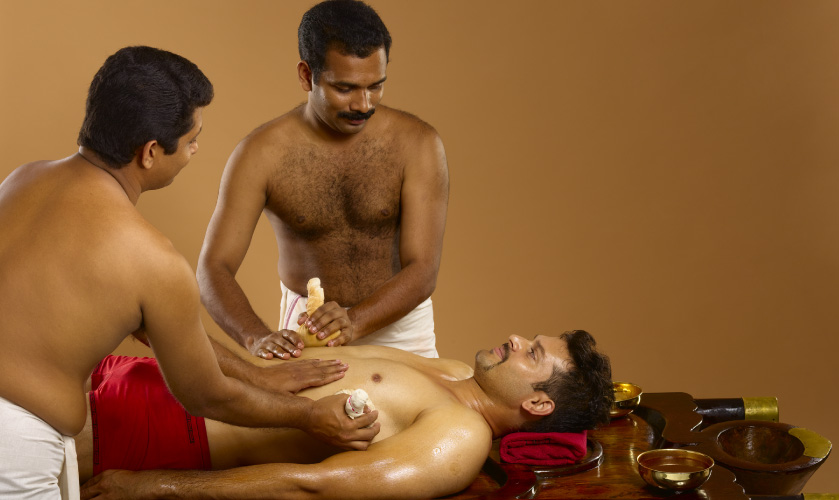
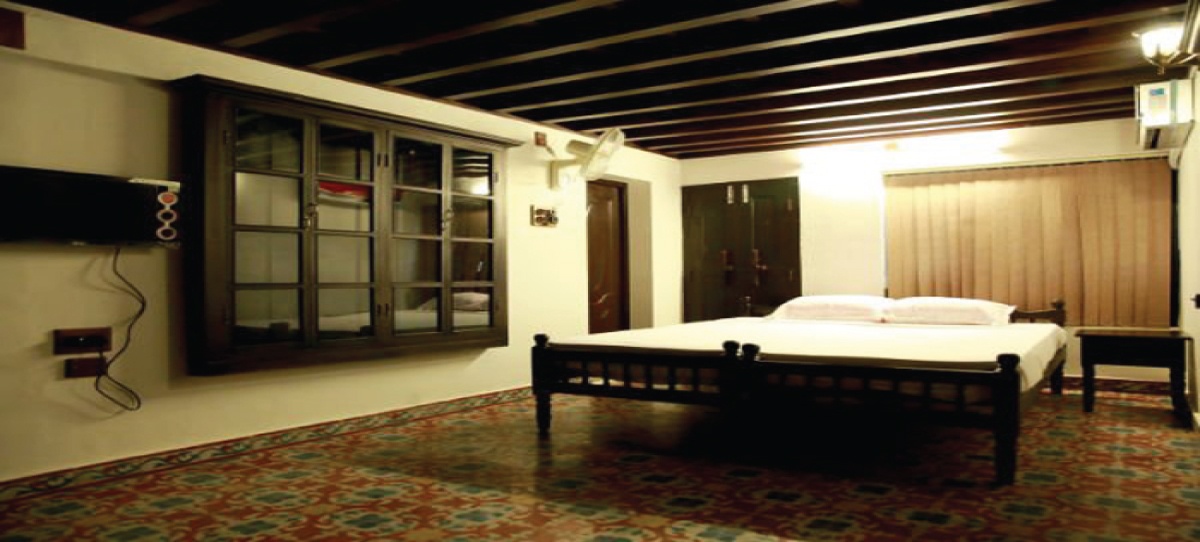

 Chair
Chair  Ayurveda Shampoo
Ayurveda Shampoo 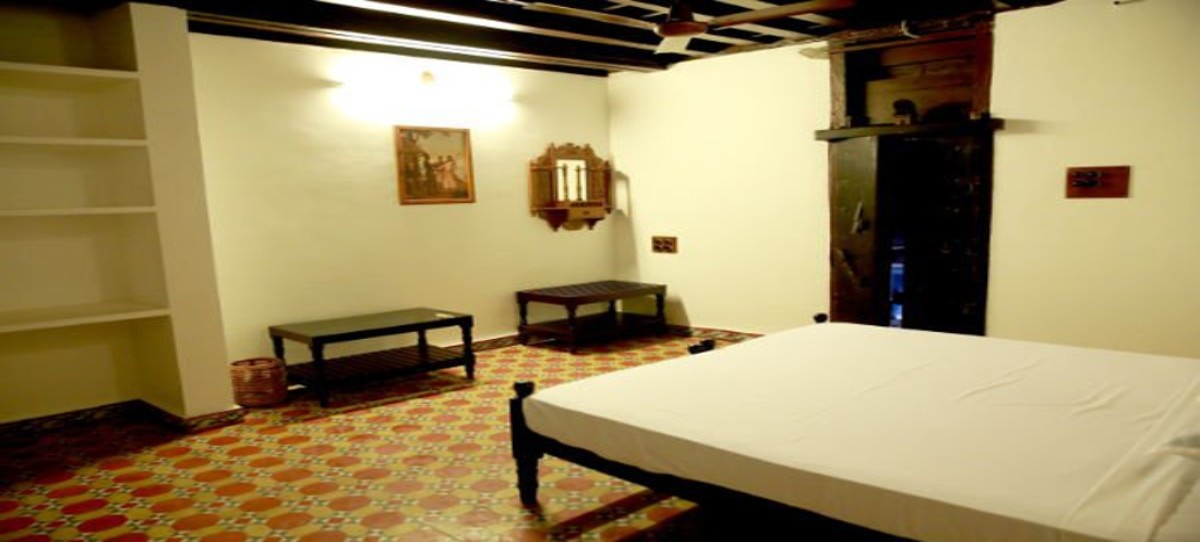
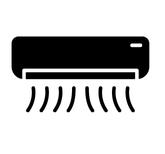 Air Conditioner
Air Conditioner 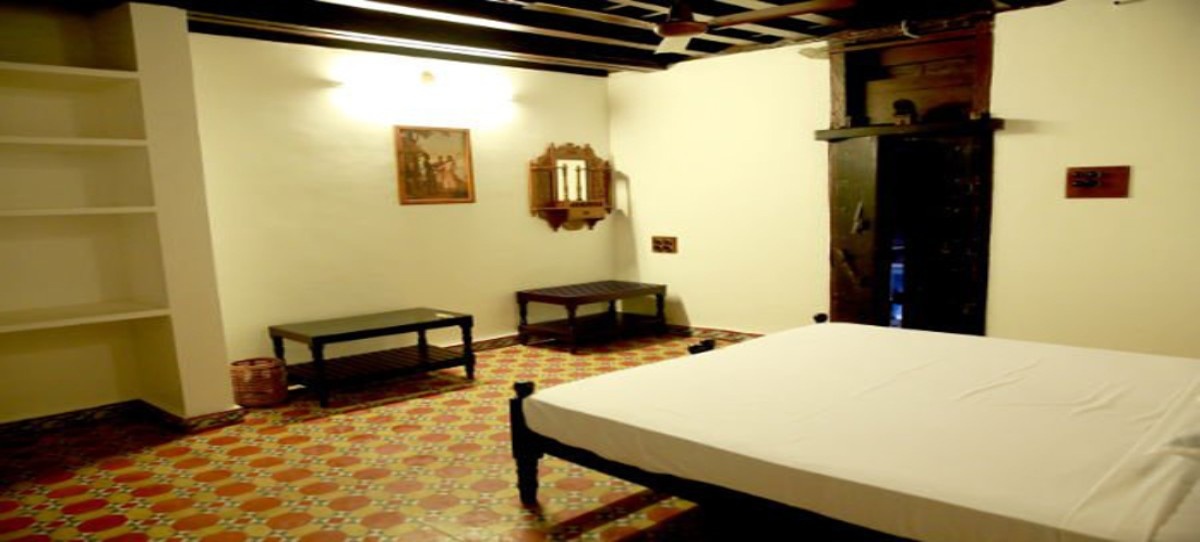
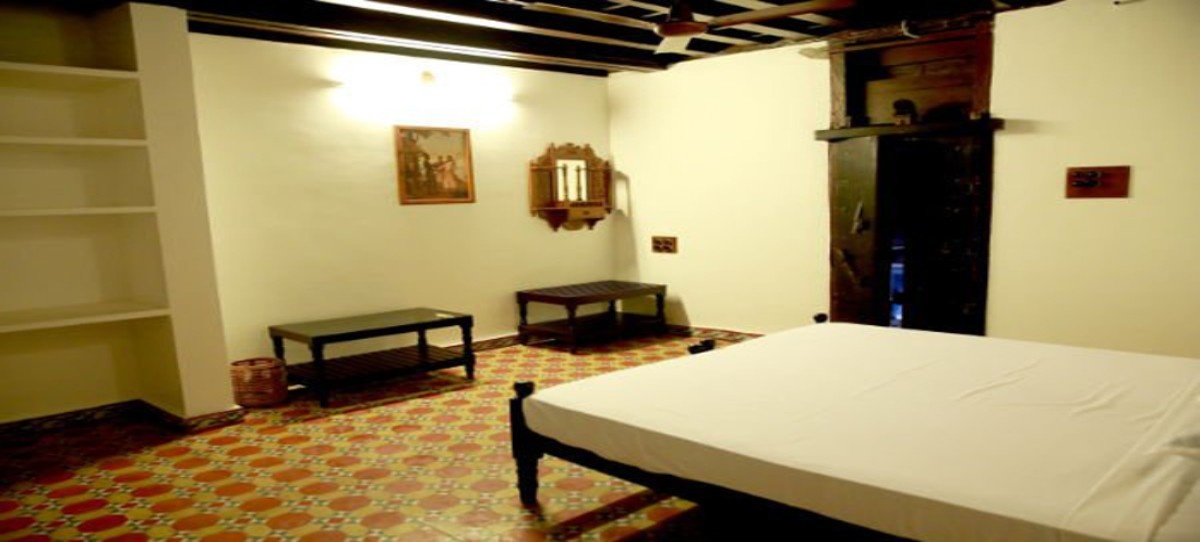
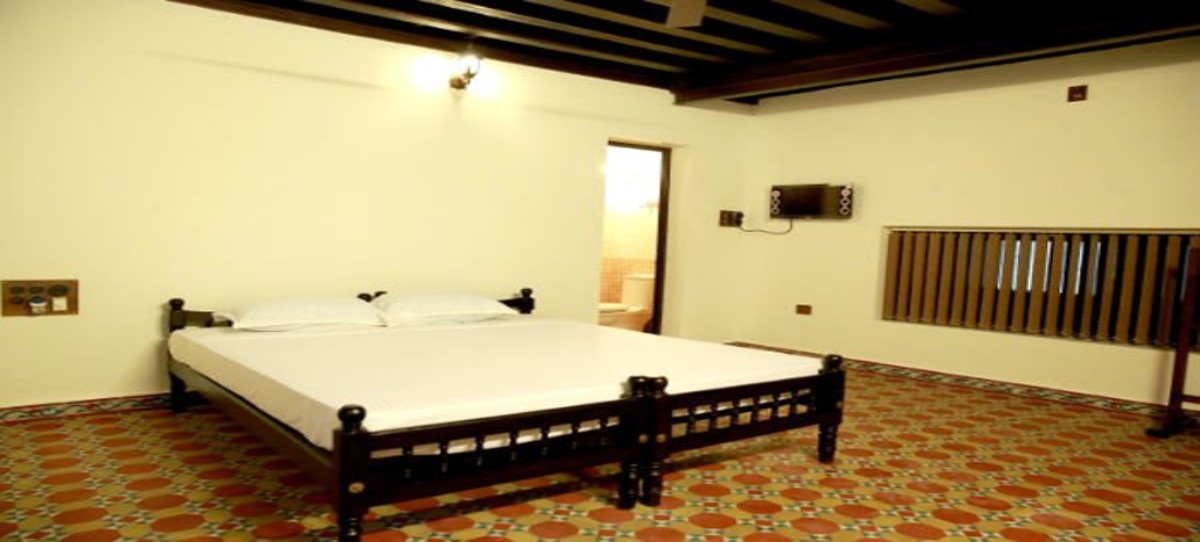
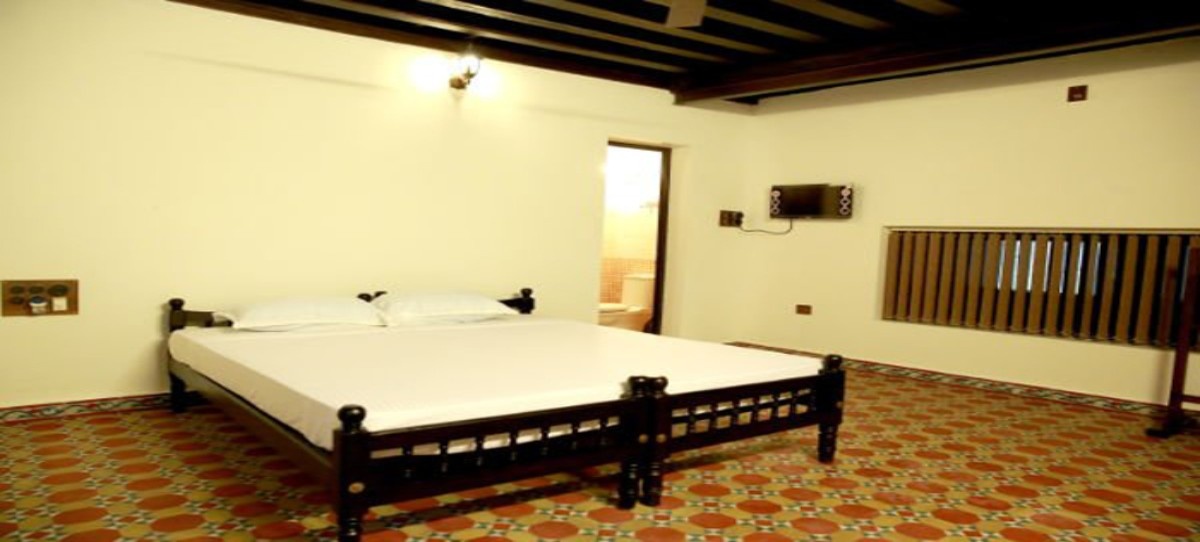
 Krithika Sukumar
Krithika Sukumar Keerthivasan Jayaraman
Keerthivasan Jayaraman Subramonian Ramaswamy
Subramonian Ramaswamy Takako O
Takako O

